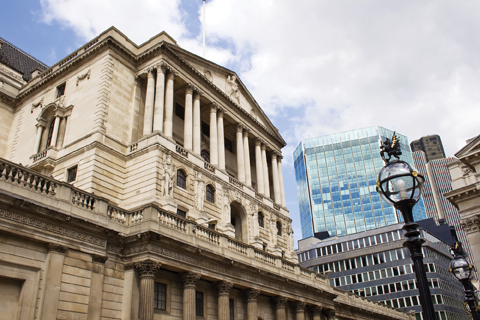Investing
What the BoE’s decision means for the consumer

The Bank of England has held interest rates at 0.5% for the 43rd consecutive month and kept its bond purchase target at £375bn.
This decision was widely expected by economists in the City.
Barry Naisbitt, Chief Economist at Santander UK, said: “The decision to hold rates and quantitative easing today came as no surprise to markets and commentators.
“The latest indicators of economic activity show a mixed picture – stronger for the service sector than for manufacturing industry.
“But despite the relative pick up in service sector activity in the past two months, the overall tone of activity indicators shows the pace of underlying economic activity is weak.
“The MPC will be continuing to monitor the economic signs closely to decide whether it might be appropriate to provide a further policy boost by announcing more quantitative easing next month, when it publishes it quarterly Inflation Report, or whether it should hold policy for a longer period.”
Dr Ros Altmann, Director-General of Saga explains what this means for the consumer: “Quantitative Easing (QE) is a drastic policy experiment that may be valid for an economic emergency to avoid depression but we are clearly not in a depression.
“Indeed, we may be emerging from recession and, with inflation still above target, the Bank is right to hold off from any more measures.
“Especially since its past buying of gilts has had such damaging negative side effects on pensions and companies with pension deficits.
“QE has also caused inflation which, coupled with low interest rates, has sapped consumer confidence and damaged people’s spending as well as their savings. This is particularly an issue for older generations who rely on the income generated from the savings they have worked hard for all their lives.
“As well reducing spending amongst older people, QE has also has decimated corporate pension funds, forcing some firms into bankruptcy while others have had to divert resources into supporting their pension schemes rather than business expansion.
“On top of this, QE has reduced over a million pensioners’ incomes via annuity and drawdown income falls.
“These effects destroy jobs and growth, so it seems that policies designed to provide a boost to our flagging economy may have actually had the opposite effect.”